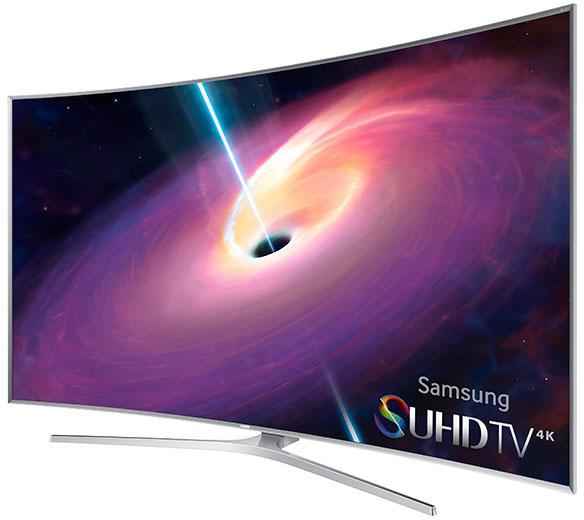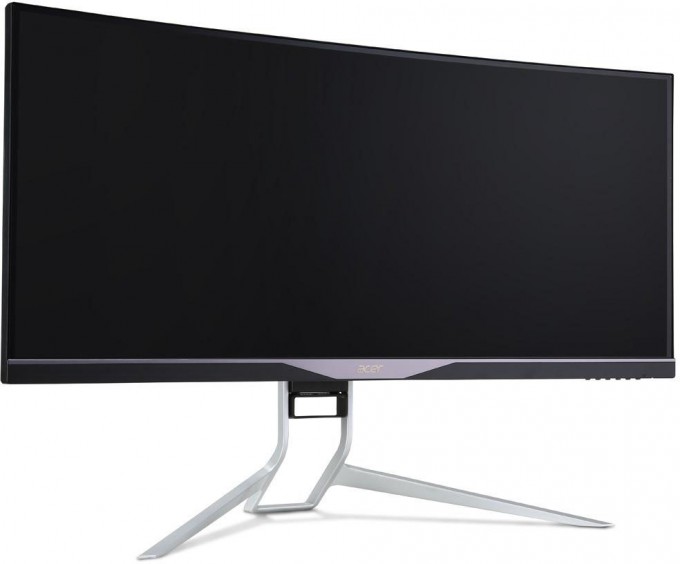- Qualcomm Launches Snapdragon 4 Gen 2 Mobile Platform
- AMD Launches Ryzen PRO 7000 Series Mobile & Desktop Platform
- Intel Launches Sleek Single-Slot Arc Pro A60 Workstation Graphics Card
- NVIDIA Announces Latest Ada Lovelace Additions: GeForce RTX 4060 Ti & RTX 4060
- Maxon Redshift With AMD Radeon GPU Rendering Support Now Available
AMD Announces FreeSync Support Over HDMI & GPU Support For Future HDR Displays
AMD has just made a couple of interesting announcements revolving around near-future and future display technologies.
For starters, FreeSync is getting a lot of love, with a major addition coming to the tech in the form of HDMI support. It appears that this will not be a backwards-compatible feature, but instead will need to have displays designed around it. AMD notes that LG, Samsung, and Acer will all be supporting this.
If you’ll never need to use anything other than DisplayPort for FreeSync, great, but there are a couple of important scenarios where HDMI support will prove a real boon. Mainstream monitors, for example, often don’t even have a DisplayPort connector, and similarly, most notebooks don’t have a DisplayPort connector to hook up an external display. Adding HDMI support greatly increases the number of people who will be able to take advantage of the technology.
Also in FreeSync news, Lenovo’s Y700 becomes the first notebook with a FreeSync display. Under the notebook’s hood is an AMD FX-8800P Carrizo-based CPU, as well as the Radeon R9 380M.
Tying into this announcement, AMD says that to date, its partners have shipped a total of 40 displays, or in other words, double the G-SYNC options available.
HDR isn’t AMD tech, but it’s something that’s going to become popular in the near-future, per the company. HDR stands for high-dynamic-range, and when applied to monitors, it means we should see unparalleled color, saturation, brightness, and black depth. Some key points AMD makes about such monitors is that we could see them range between 600~1200 cd/m2 for brightness, feature contrast ratios almost on par with our eyes, and boast a color gamut that can effectively produce over 1 billion colors at 10-bit-per-color.

Samsung’s JS9500 HDR Television
Sounds great, as well as expensive. I admit I am quite intrigued by the prospect of HDR displays, and I’m glad we’ll see the first models in under a year. AMD notes that all of its current GPUs will support HDR gaming just fine, but its next-generation chips, rumored to be called Arctic Islands, will be required to carry support on over to movies.





